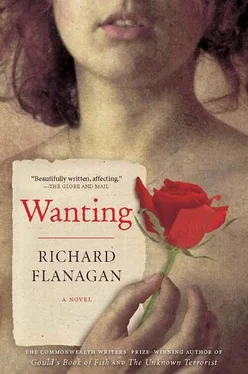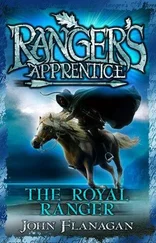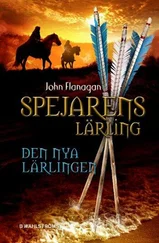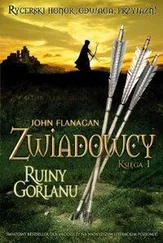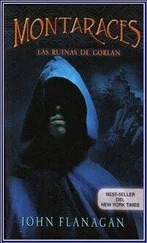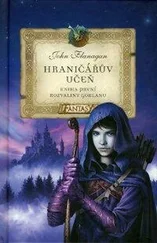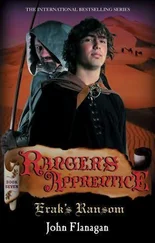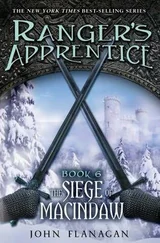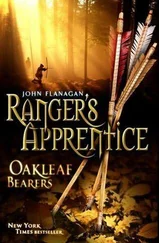‘Far from it,’ agreed Wilkie, who really didn’t agree at all—he had conceived the part of Wardour as a grotesque, of a type that Dickens had so enjoyed playing, to much laughter, in previous Tavistock House plays. That Dickens now saw Wardour as some serious creation, rather than an opportunity to score cheap applause, astonished Wilkie, but, ever open to the undertow of life, he went along with it.
Dickens led Wilkie to a long, dusty table strewn with large rolls of paper, which Dickens unfurled to show his friend sketches and plans for the scenic backdrops. Wilkie murmured the name at the bottom of one sketch in approval. It was no less than William Telbin, the celebrated landscape painter. There seemed no one Dickens had not roped in to lend a hand.
‘Wonderful,’ said Wilkie, meaning it. His friend’s energy, his capacity to invest such industry in even a folly such as this, an amateur theatrical, he always found overwhelming, amusing and oddly moving. ‘Simply wonderful.’
‘Here, in the first act,’ said Dickens, pointing to a sketch of a harbour with a decaying coaching house to one side, ‘on the very eve of the departure of a great Arctic expedition, our heroine, Clara Burnham, pledges her undying love to Frank Aldersley—cue applause for Mr Collins—an officer of one of the two ships setting out on this perilous mission. He little knows that on the other ship is no other than Richard Wardour—a role I will seek to inject with a perfectly electric pathos—the ardent admirer Clara once spurned, who has most solemnly vowed to avenge himself on Aldersley for stealing Clara from him!’
‘So,’ said Wilkie, knowing how Dickens loved to tell and retell his tales as a way of testing their mettle, ‘we begin by presenting Wardour as a villain, but as the play progresses, you think it better if he is revealed as perhaps a more tragic figure?’
‘He does strike me,’ said Dickens, ‘as a man forever seeking and never finding true affection. Is that not the case?’
Now dimly suspecting the appeal of Wardour, Wilkie, rather than answering Dickens’ question, replied by reinventing the play. ‘I have wondered,’ he said, ‘how moving for an audience it might be if, at the end, Wardour is transformed—if he chooses to sacrifice himself so that the girl he loves wins the man she loves, although it is in Wardour’s power to let that same man die and take the girl for himself.’
Dickens was silent, but his lips were moving, as if engaged on some gargantuan piece of mental arithmetic, adding and subtracting, dividing and recalculating. ‘A death is good,’ he said at one point, ‘very good,’ and then he went back to his silent mumblings. ‘And do you know why?’ he unexpectedly demanded of Wilkie. ‘Because even Wardour, finally, is not a savage!’ His bearded face was beaming. ‘Is that not so?’
Wilkie pondered if it was so for a moment. If it had been clear that villainy was previously the very bedrock of Wardour, it was equally clear it no longer was. And what had been meant to be the lightest of entertainments was taking on some other dimension.
‘I always felt,’ ventured Wilkie, ‘that Wardour was so much more than a simple villain.’
Dickens nodded.
‘Driven low by cruel Nature,’ suggested Wilkie.
Dickens nodded more vigorously.
‘Bowed by Fate, undoubtedly,’ continued Wilkie, encouraged. ‘But a savage, never…’
‘A savage, my dear Wilkie, be he Esquimau or an Otaheitian, is someone who succumbs to his passions. An Englishman understands his passions in order to master them and turn them to powerful effect. Was and is that not Franklin? And here we have a man poisoned by his passions,’ Dickens continued, unfurling another roll of paper across which was scrawled ACT III , ‘but who, at the end, with both ships trapped in the Arctic ice, and horror all around—’ Dickens paused. The unrolled sketch showed a ship’s deck. Dickens shook his head. ‘No, this won’t do. Not now. Not with such a dramatic dénouement. We need towering cliffs of ice. The terror of the sublime. Because Wardour finally chooses something far better than allowing his rival to die: he sacrifices himself in order that Frank Aldersley can have Clara—a rather splendid redemption, I think.’
And with that, he picked up a pencil stub and ran a line through the sketch.
So Dickens continued over the final eight weeks, altering lines here, adding monologues there, changing plot everywhere. As the story drifted like pack ice then froze into a fixed shape, he was also attending to the invention of the world of the play—the sets, the costumes, the casting, the props—to such an extent that when the play’s programme was published, Wilkie, whose name still appeared as its author, thought it prudent to have added on the title page ‘Under the Management of Charles Dickens’.
For Dickens was stage director, very often stage carpenter, scene arranger, light setter, property man, prompter and bandmaster. He had authentic Arctic costumes made for the explorers, employed and trained ‘snowboys’, whose job it was to scatter paper snow onto the stage from above, and substituted hammocks for the beds to impart the necessary veracity. On his nocturnal walks, he devoted himself more and more to the frozen deep rather than little Dorrit, falling into the part of Wardour, shouting out his lines as he went, walking himself into new lines, venturing farther and deeper into the treacherous shoals of ice that entrapped his own lost soul.
One final matter irritated him, though. Why would Wardour sacrifice himself? Somehow, something was lacking in their invention, which insufficiently explained why a bad man would do such a good thing. Then, while out walking one night, he realised Richard Wardour was not bad at all; rather he was good, a good man who might rescue himself—and with what?—with love! Lack of love had iced Wardour’s soul, and love rescues his soul from the ice, such a love that he would lay down his life for another!
‘Young and loving and merciful,’ he cried out to Clerkenwell, Wardour’s voice now filling his throat. ‘I keep her face in my mind, though I can keep nothing else. I must wander, wander, wander—restless, sleepless, homeless—till I find her!’
And then Dickens halted, puzzled, lost. Who was this woman? She didn’t exist. It was all delusion.
In the new year of 1857, after four weeks of full dress rehearsals, a hundred people crammed into the refurbished schoolroom at Tavistock House—among their number members of parliament, judges, ministers and several journalists—to watch Dickens, his family and friends perform The Frozen Deep .
The cast was all the old crew—or nearly all, Douglas Jerrold still being unwell—the children, of course, Wilkie, Freddie Evans, Augustus Egg, John Forster, Catherine’s sister Georgina Hogarth, who played a Scottish nurse with second sight, and a Scottish servant getting some laughs as an Esquimau. But Dickens stole the show.
He had gone so far as to invite theatre reviewers, and they, along with the rest of the audience, were stunned by the intensity of Dickens’ performance, particularly in the closing scenes when, clad in rags, he transformed from a man about to murder his rival in love, to one who, as music specially composed for his death scene swelled and rose, sacrifices himself for that same love.
‘He has won the greatest of all conquests,’ said Wilkie as Frank Aldersley, standing over his friend’s prostrate form. ‘The conquest of himself.’
Strangely, as he uttered these, the play’s closing words, in that moment preceding the curtain’s fall and the rapturous applause that followed, Wilkie felt a growing irony that he thought best to keep to himself.
Читать дальше
